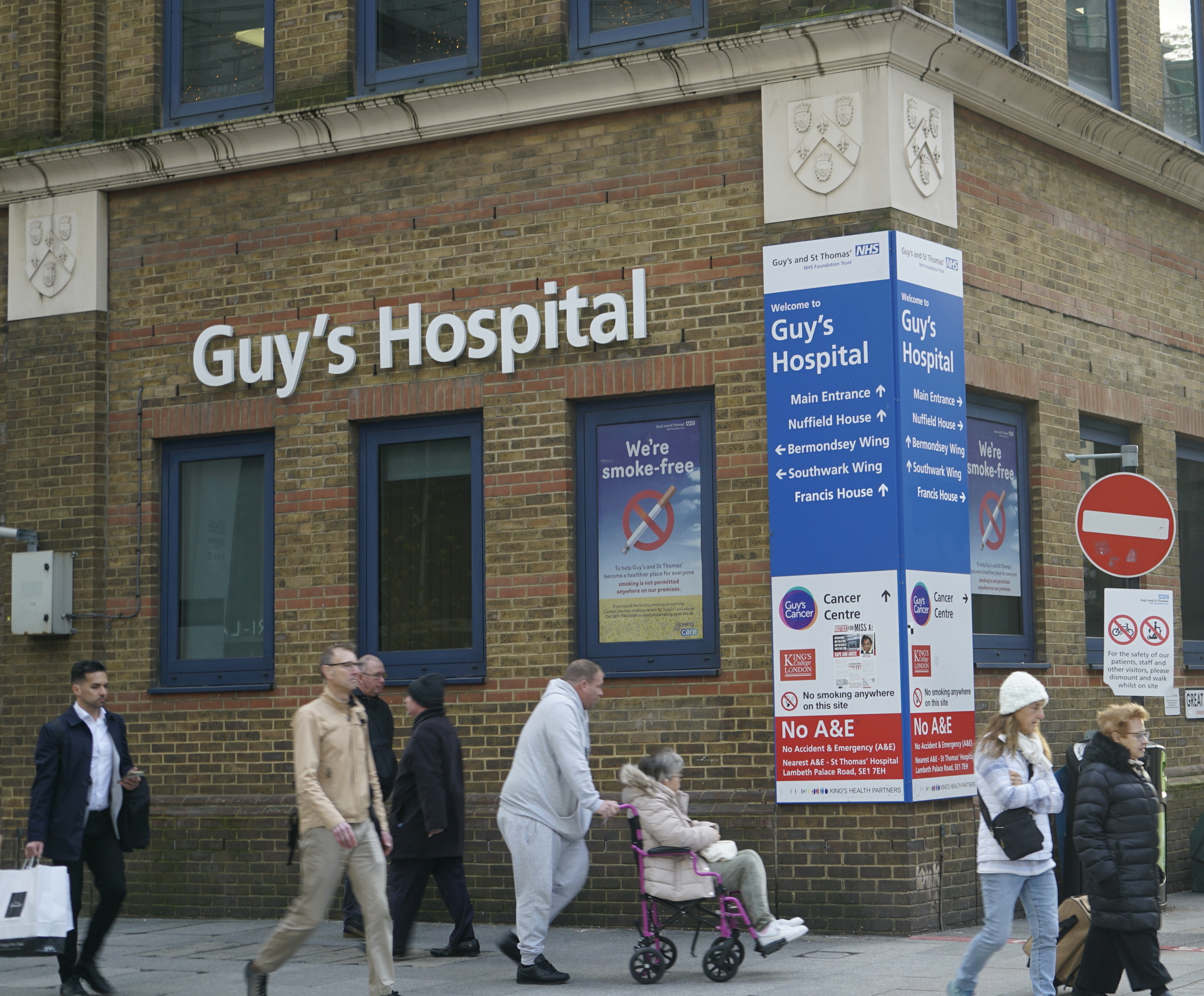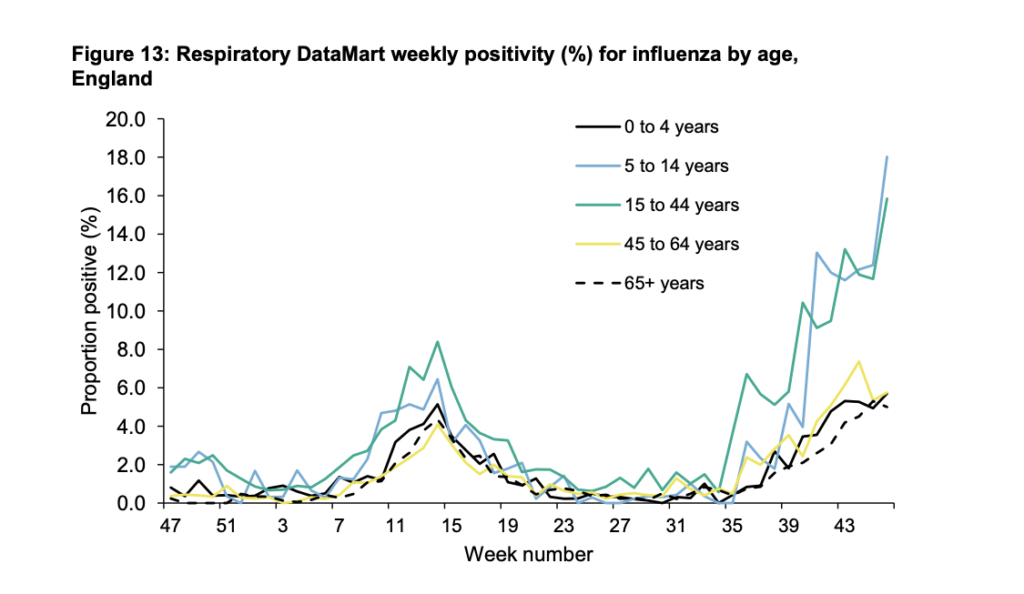

(Photo credit: Duong Bui)
The NHS England alerted the risk of a “tripledemic” of COVID-19, flu and record demand on urgent and emergency services as the latest data showed 10 times more people in hospital with flu than this time last year.
The report released last week by the NHS recorded a daily average of 344 patients with flu in hospital in the UK in the week from November 14 to 20, 2022, in comparison with 31 cases reported in the same period last year.
NHS National Medical Director, Professor Sir Stephen Powis, said: “The flu is unfortunately already with us and so the concerns that we had about the threat of a ‘tripledemic’ are very real.”
The weekly data also indicated the influenza positivity rate was highest in those aged 5 to 14 years.
Health experts warned flu is very infectious and can make children, the elderly and vulnerable people seriously unwell in some cases.
In respond to the rise in flu cases, NHS now allows pharmacies and general practitioners to prescribe antivirals to those most at risk of its complications to help people avoid the need for hospital care.
Public health authorities advised people who are eligible to get their COVID-19 booster and flu jab as soon as they can.
Chief Medical Officer, Professor Chris Whitty, said: “Vaccines are the best defence against these viruses. The most effective approach is to get vaccinated before it is circulating at very high rates.”
Roughly 26 million people in the UK in high-risk groups, including people aged 50 and over, are eligible for COVID-19 booster, while as many as 33 million people can get an annual flu jab.
Do the double for England this winter. If you are 50 or over, you’re eligible for a free flu vaccine and COVID-19 booster.
Find out more. https://t.co/0xJQZvtMST pic.twitter.com/yJJzQ1nX6v
— NHS England (@NHSEngland) November 25, 2022
Sir Powis warned it would likely to be “the NHS’s most challenging winter ever” as recent monthly data revealed high demand for urgent and emergency care services, as well as the pressure caused by staff sickness.
The same dataset revealed nearly 360,000 NHS staff were absent from work through illness or self-isolating due to COVID-19 in the week of November 14.
Meanwhile, the Association of Ambulance Chief Executives reported the number of handovers from an ambulance to a hospital exceeding an hour reached about 52,000 in October 2022, the highest number to date reported in a month.
General practitioner in The Project Surgery in Newham, London, Dr Farzana Hussain, expressed concerns over the overcharge in the health care system this winter, adding it is expected to be “the first year after the pandemic when there are no restrictions in place, with real trepidation.”
She said that it’s not just COVID-19 that is causing concern, it’s also the possible rise in infectious respiratory diseases, such as influenza and respiratory syncytial virus, that are typically associated with colder months.
Hussain highlighted some key issues that should be considered helping reduce pressure on practices this winter, including updating the list of patients who are considered high-risk, making vaccination easier to access, and helping higher-risk patients make informed decisions about their health.
She explained: “Education is needed to ensure patients know which symptoms to look out for, when to see a doctor and that treatments are available. When it comes to respiratory illnesses, prevention and early intervention are key to helping avoid severe outcomes.”
Research showed individuals who catch both flu and COVID-19 at the same time, known as co-infection, are around twice as likely to suffer death compared to those who only have COVID-19.

